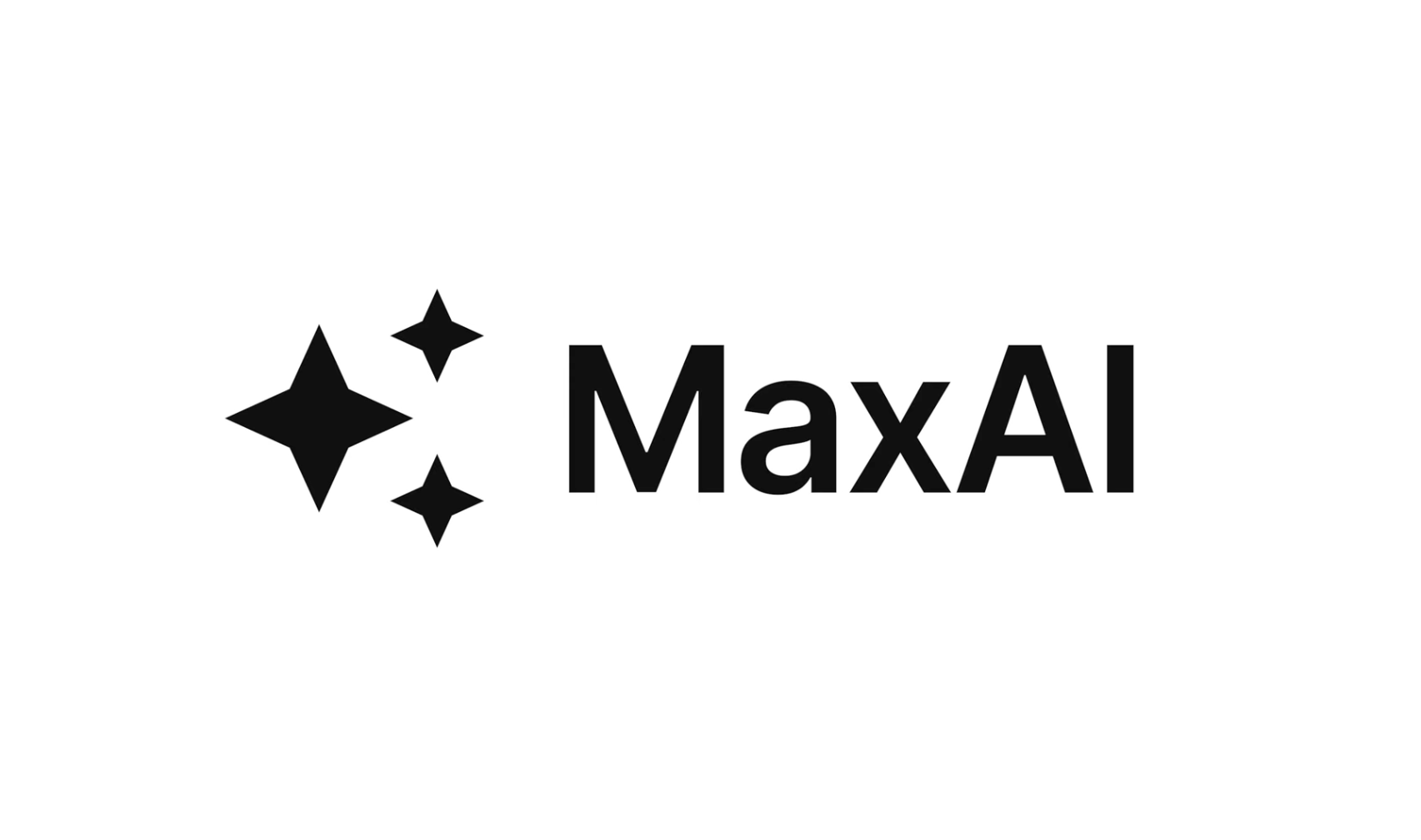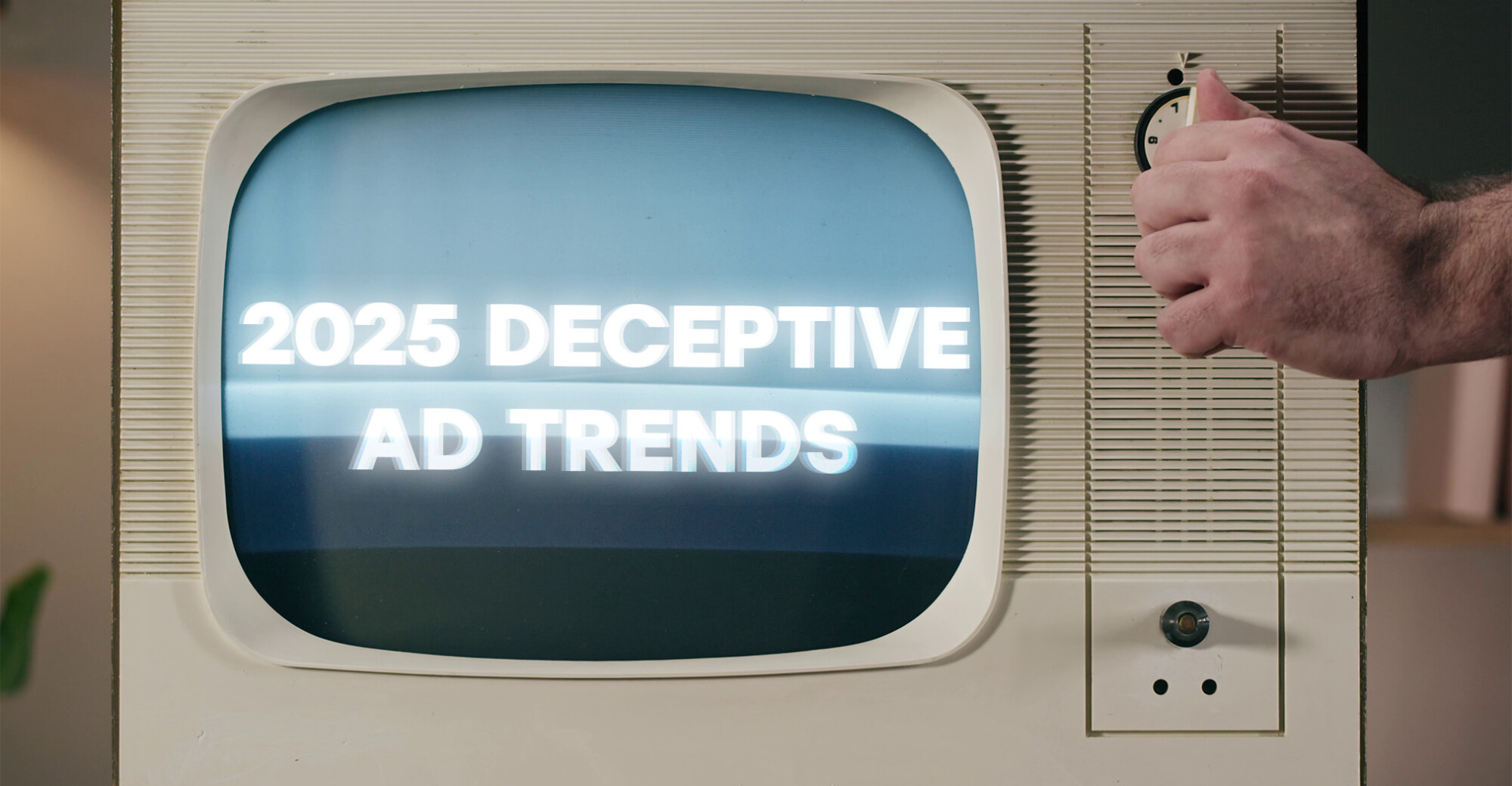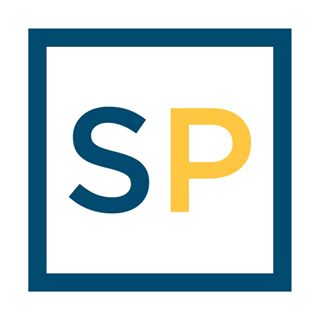
MaxAI
Web extension may be better at maxing out your credit card than the full capabilities of AI.
Why this piano man may not give you the keys to success.
|
In the YouTube ad above, Stephen Ridley encourages consumers to sign up for his “free online piano masterclass.” Ridley claims the class puts students on the fast track to learning piano by teaching them how to take the four chords that are used in many pop songs and “make them sound amazing.” He then demonstrates, turning the chords into intricate, beautiful songs.
“With this new method, you can start playing your favorite songs from day one,” Ridley says in the ad.
But there’s a big difference between learning how to play a few chords on the piano and mastering the techniques required to play like Ridley does in the ad. It took Ridley 20 years to play like that, not an hour, which is how long he claims it takes to “learn up to 40 new songs … even if you never touched a piano before.”
But that’s just the tip of the iceberg with this sales pitch for a “free online piano masterclass.”
After receiving a tip, TINA.org signed up for the piano class – or should we say, we signed up for a webinar that turned into an infomercial for the piano class, at the end of which it was revealed we would need to pay $1,397 to learn how to play the four-chord pop songs with “The Ridley Method.” In other words, not exactly “free.”
And there were additional red flags, including:
According to the FTC, marketers should not advertise results that aren’t generally achievable without clearly and conspicuously disclosing what consumers can typically expect to achieve. That means if consumers aren’t typically learning 40 songs in an hour with “The Ridley Method,” the piano man may want to think twice about promoting outlier results.
The FTC also states that marketers should not advertise products or services as “free” unless all of the terms, conditions and obligations appear in close conjunction with the offer. Strike two for Ridley.
And the FTC cautions against using deceptive marketing designs (aka dark patterns) to create a false sense of urgency to hasten a purchasing decision. What qualifies as a false sense of urgency? According to the agency:
Creating pressure to buy immediately by saying the offer is good only for a limited time or that the deal ends soon – but without a deadline or with a meaningless deadline that just resets when reached.
In other words, exactly what we found Ridley doing with his “60 minute mega deal.”
TINA.org was alerted to this issue by Boston NPR affiliate WBUR, which recently did a two-part piece on Ridley in which TINA.org’s legal director was interviewed.
TINA.org reached out to Ridley from comment. Check back for updates.
Find more of our coverage on “free” claims here.
Our Ad Alerts are not just about false and deceptive marketing issues, but may also be about ads that, although not necessarily deceptive, should be viewed with caution. Ad Alerts can also be about single issues and may not include a comprehensive list of all marketing issues relating to the brand discussed.
Web extension may be better at maxing out your credit card than the full capabilities of AI.
A closer look at what we’ll be monitoring in the new year.
“Winning on Amazon” at the expense of “significant losses.”

